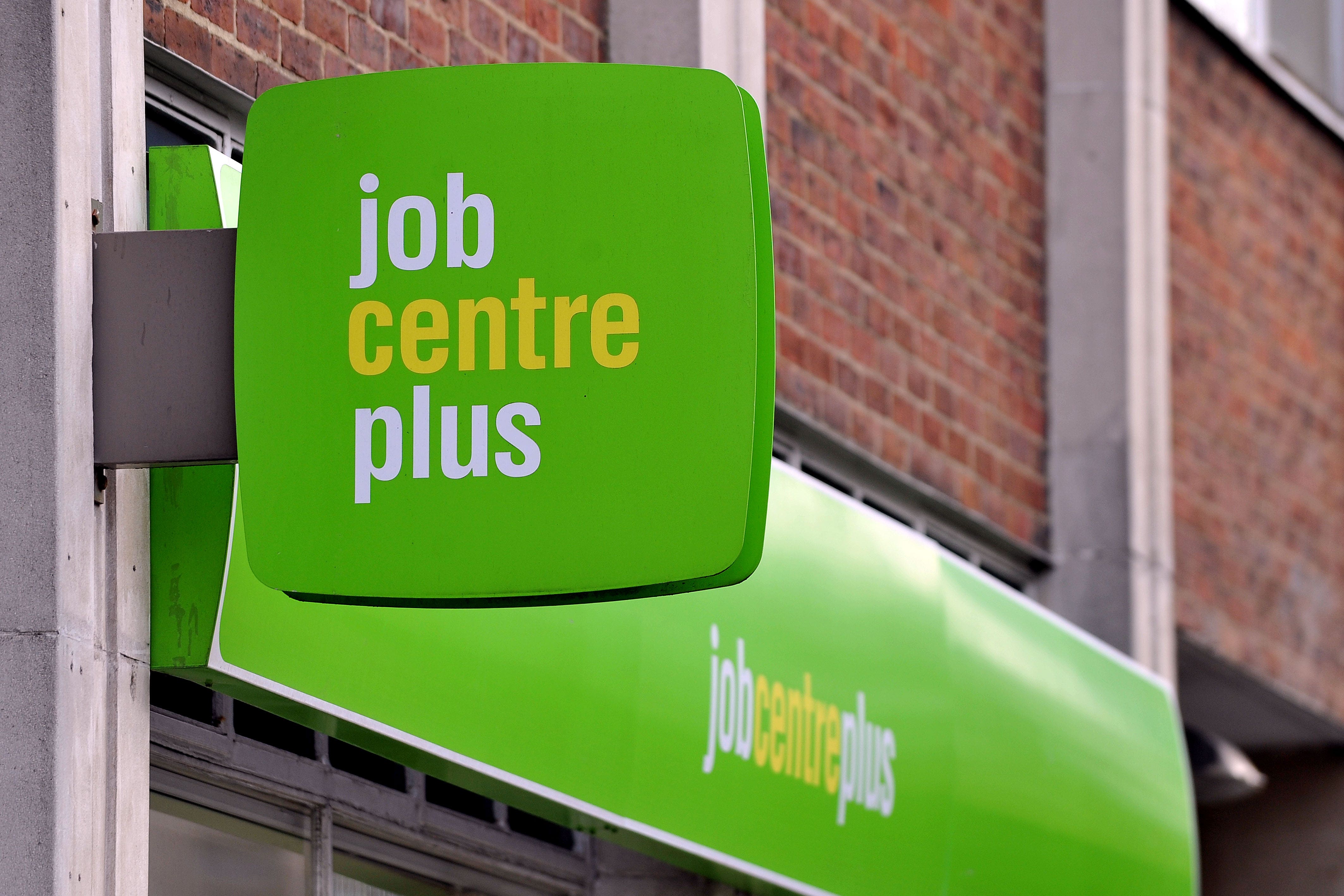Labour’s Jess Phillips has agreed that it does not feel as if the economy was going well, as she acknowledged the rise in unemployment was “disappointing”.
The MP for Birmingham Yardley also said it would take time before people would feel less “skint”, as Britain’s jobless rate has struck its highest level for four years.
Put to her that “it doesn’t feel like things are going well” following the release of the unemployment figures, she told ITV’s Good Morning Britain: “I agree. The issue of the unemployment figures today is something that every government should be absolutely firmly focused on.
“And as the Labour Party has made very, very clear since it came to government, forging forwards on economic growth and pushing our economy to grow is the only way we are going to find our way out of years of stagnancy and under-investment in our country.”

She added: “I wouldn’t shy away from the fact that, of course, any level of unemployment is disappointing.
“The Labour Party, since it came to power, though, has created nearly 400,000 extra jobs that were not in the economy before. It has given a pay rise to three million people. Wages have grown faster in the last 10 months than they did in the previous 10 years.”
She said “all of this is going to take time” and acknowledged that “asking people to take time to not feel as skint as they did before, it must seem absolutely maddening”.
The Office for National Statistics (ONS) said the rate of UK unemployment increased to 4.7 per cent in the three months to May, from 4.6 per cent in three months to April, marking the highest level since June 2021.
Meanwhile, average earnings growth, excluding bonuses, slowed to 5 per cent in the period to May to its lowest level for almost three years.
The figures point towards further pressure in the UK labour market, days after the governor of the Bank of England warned that the Bank is prepared to make larger interest rate cuts if it sees that the job market slowing.

It also comes amid a backdrop of years of slow growth in the economy, with UK GDP (gross domestic product) shrinking in both April and May.
Ms Phillips said it would take a “long time” to turn around the economy, and said the government was “fiercely seeking to create economic growth”.
The Home Office minister told Sky News: “Fourteen years of totally stagnant growth is not something that changes overnight and that is why we have to have a steely focus on getting investment into Britain.”
However, the rise in unemployment is worse than expected but average wage growth was slightly higher than the 4.9 per cent predicted by economists.
Pressure in the labour market for the three months to May comes as firms swallowed significant increases in national insurance contributions and the national minimum wage in April.
Firms have also been impacted by intensifying economic uncertainty after US President Donald Trump launched a new tariff regime in April, leading to heightened global trade tensions.
ONS director of economic statistics Liz McKeown said: “The labour market continues to weaken, with the number of employees on payroll falling again, though revised tax data shows the decline in recent months is less pronounced than previously estimated.
“Pay growth fell again in both cash and real terms, but both measures remain relatively strong by historic standards.
“The number of job vacancies is still falling and has now been dropping continuously for three years.”







